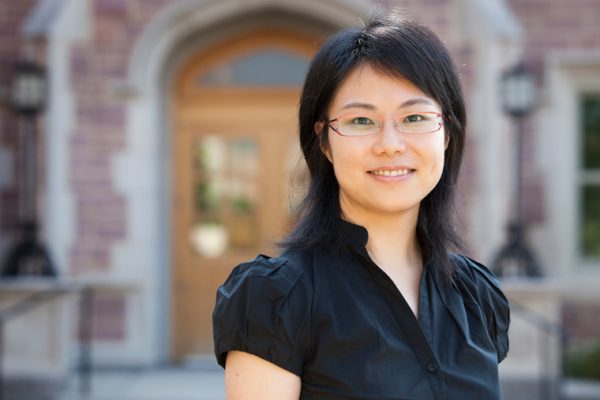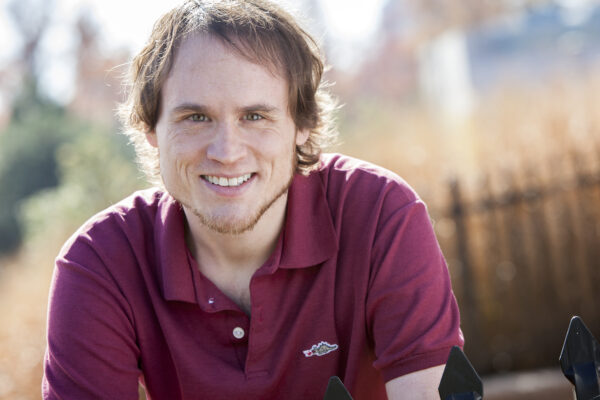One of the keys of artificial intelligence is recognizing general relations between objects. A robot can learn to open a door by turning a latch and pulling the handle, but it has to be able to learn that doors lead between rooms and the general relationships among latches, handles, doors and rooms.

Brendan Juba, assistant professor of computer science and engineering at Washington University in St. Louis’ McKelvey School of Engineering, will take a closer look at these relationships and generalization in artificial intelligence and develop new algorithms with a five-year $543,000 CAREER Award from the National Science Foundation.
CAREER awards support junior faculty who model the role of teacher-scholar through outstanding research, excellence in education and the integration of education and research within the context of the mission of their organization. One-third of current McKelvey engineering faculty have received the award.
Juba, who studies algorithms for integrated learning and reasoning in artificial intelligence, said researchers have recognized for a long time that relational generalization is necessary for artificial intelligence, but it has been difficult to solve. So far, there have been two types of approaches.
“On one hand, you might have a solution that would do the right thing, but you don’t know how long it will take,” Juba said. “Or you may produce something quickly, but it doesn’t necessarily have the quality. It’s not known how to do both, so our focus is to try to get both and to find a feasible method that gives good answers in a reasonable time.”
Juba said he will approach the issue by considering the problems together.
“I will take both the learning and planning problems together — both the data that I would have used for learning and questions I want to answer with that data,” he said. “We’ve seen in the past that by not having to hand off something that is learned to this second problem of producing a plan or an answer, you can do much better and guarantee that it’s going to work in some cases.”
In addition to developing new algorithms, Juba plans to redesign a core undergraduate algorithms course to strengthen students’ grasp of algorithms by making the course more interactive.
“Algorithms have been kind of a stumbling block and very challenging for students, so I’m trying to increase participation in some sense because we understand that passive methods of instruction are not as effective,” Juba said. “What would be better is if students were forced to grapple with the material first, then once they understand it and have firsthand experience with difficulties, they will be better motivated and have a better understanding of the importance of what I’m teaching.”
He also plans to integrate the research into the summer Research Experience for Undergraduates program in the Department of Computer Science & Engineering and to write a new textbook for a graduate-level class.


